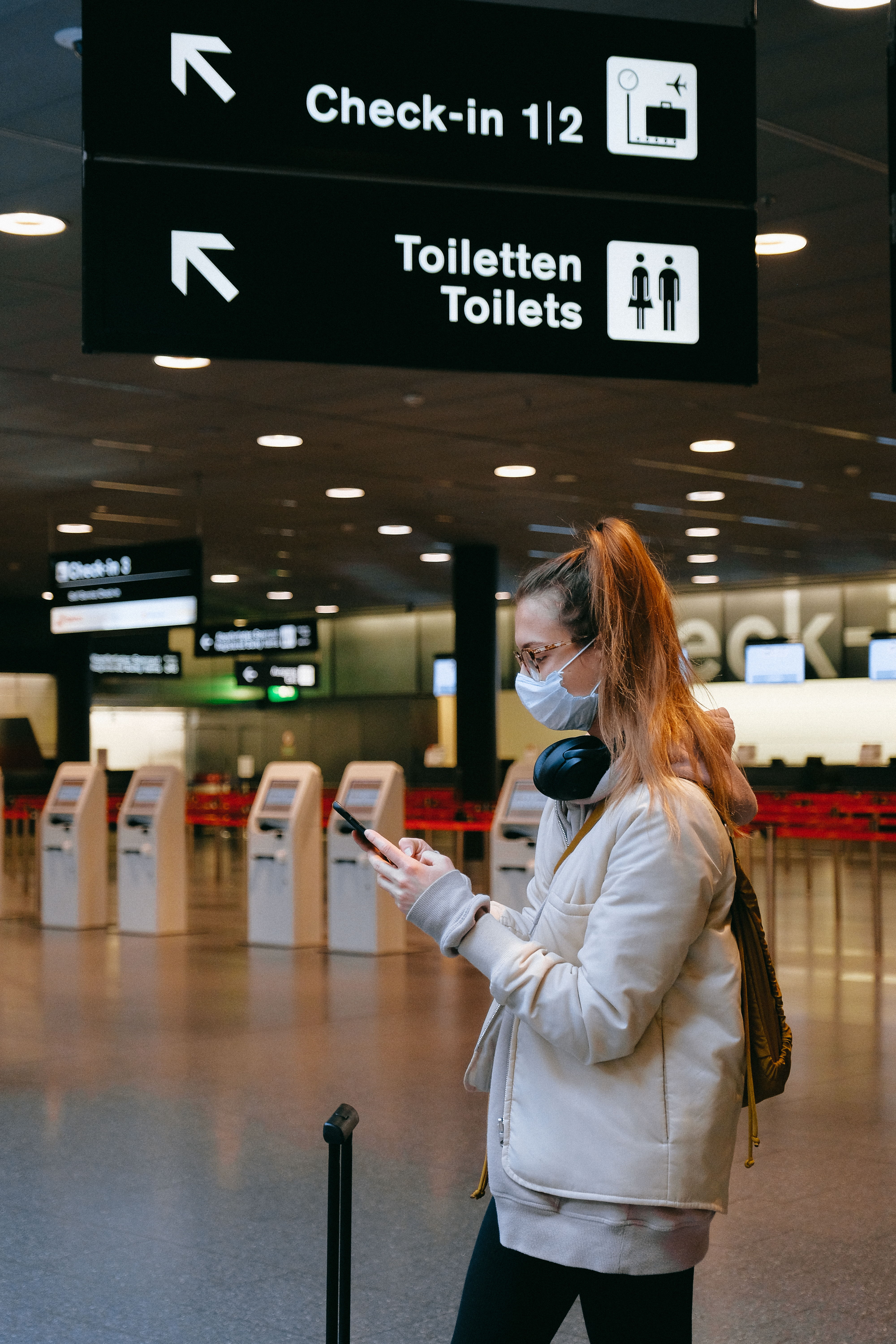
Few businesses have been spared the devastating impact of the COVID-19 pandemic and it’s been especially hard for micro-businesses and SMEs that need to keep their workforce mobile. Many are grappling with how to balance the needs of the business with the additional care that employees require to maintain their physical and mental health.
Unlike many large companies that have whole teams dedicated to travel procurement and travel security, backed up by comprehensive packages from travel assistance providers, the SME community often has to work all this out for themselves.

Here we outline some top tips to provide peace of mind for both employer and employee.
1. Don’t assume that employees won’t want to travel at this time. For those employees that had a full travel itinerary until mandatory lockdown, their mental health may have taken a dive. For many, the variety and buzz of travel is a major contributor to their positive mental health and happiness.
2. The best thing you can do is talk to your employees about how they feel about business travel. Is there a limit on what they would feel comfortable doing or where they would be prepared to go? Do they have anxiety about catching COVID-19 or are they shielding a vulnerable loved one?
3. The shock of being back out on the road, away from a family that they have been in close confines with, might lead to separation anxiety.
4. For employees who are not yet comfortable to travel are there alternative solutions over and above Zoom meetings, such as having a local colleague conduct the business instead?
5. Give employees some level of control over how they might travel, even if you have to go out of budget or policy on occasion. For example, using a private hire car in place of public transport or offering the option of a serviced apartment over a hotel.
6. Make sure that your employee understands and complies with the local guidelines for COVID-19. This interactive map provides the latest local information.
7. Don’t discount using a Travel Management Company (TMC) to book your travel. TMCs often have closer ties with hoteliers and airlines so may be able to pull some strings that you can’t in case of emergency or need for repatriation. Many TMCs have an SME offering and will save you time sourcing travel providers.
8. Ensure that you and your employee fully understand what they need to do in the event of an emergency, they become unwell, are quarantined overseas, or risk being stranded due to borders being closed.
9. Make sure that your business travel insurance is up to date, that employees have both the policy and telephone number to hand, as well as the details of your country’s embassy at their destination.
10. It’s important that you both have up to date contact details, telephone numbers, and next of kin details so that you can keep in touch if needed.
11. Employees will appreciate being provided with a wellbeing pack of PPE, gloves, and anti-bacterial hand gel. Remind them to continue to use all appropriate measures as they would at home, such as regular hand-washing, wearing masks, and using their hand gel.
12. Remember to check in with employees when they return to see how they are. It’s easy to overlook other medical conditions or tropical disease infections with so much focus on COVID-19. Be clear on any expectations regarding working from home following a trip to protect co-workers.
If you’d like to supply additional guidance for your business travellers during the pandemic, consider providing specific COVID-19 traveller safety guidance or training.
Maiden Voyage provides COVID-19 Traveller Safety eLearning. In less than 12 minutes, business travellers will be fully up to speed on what to do before, during, and after their trip to keep themselves safe and well whilst ensuring they protect their loved ones and their colleagues when they return. The online course is available here from only £19.99.